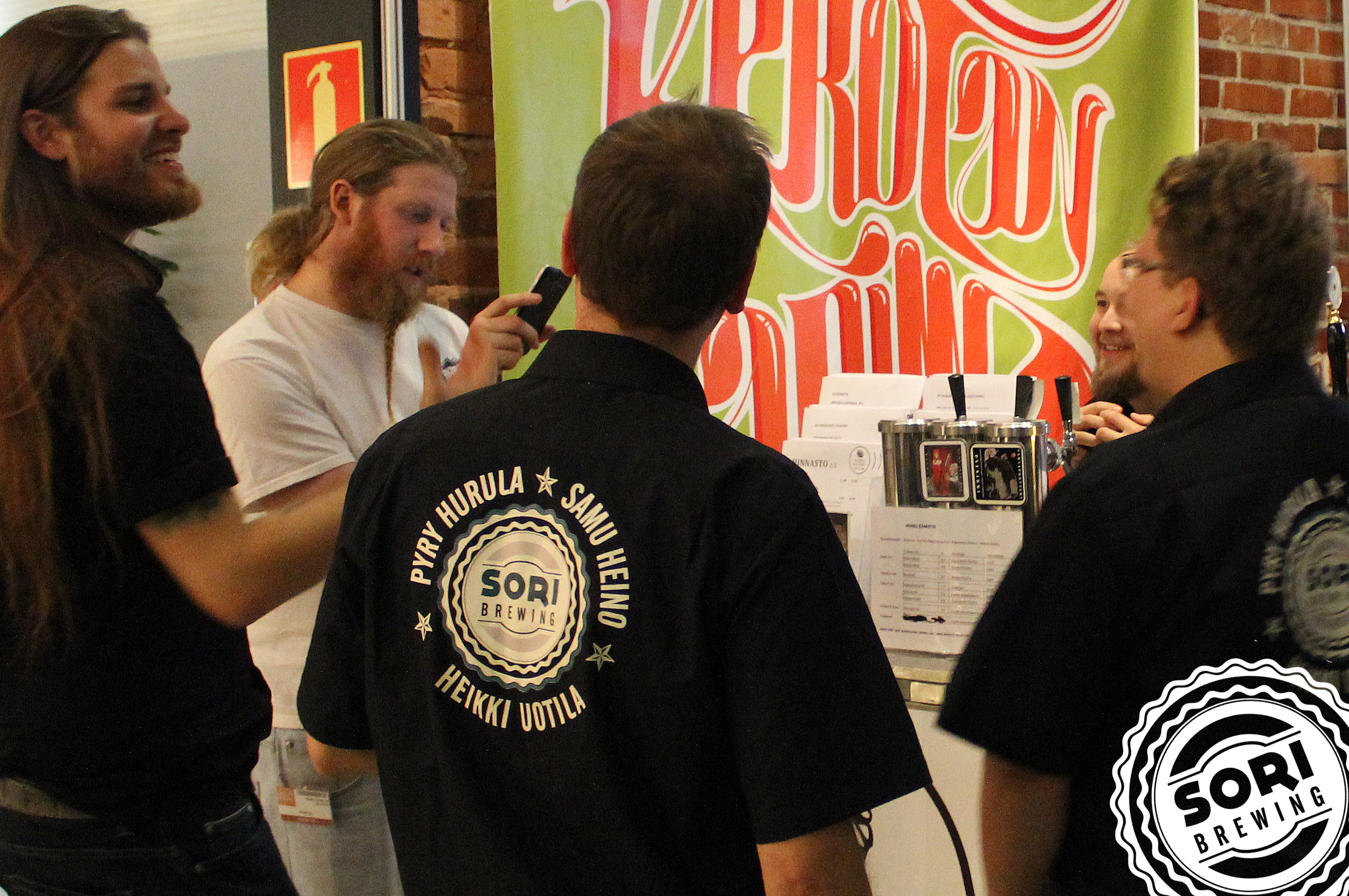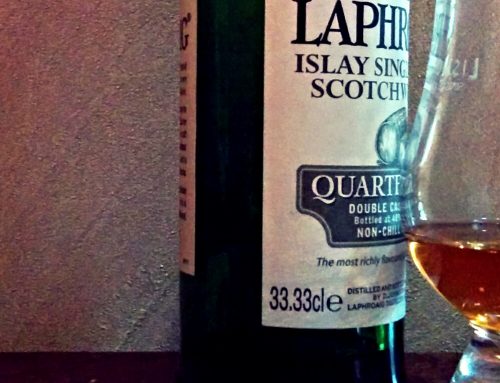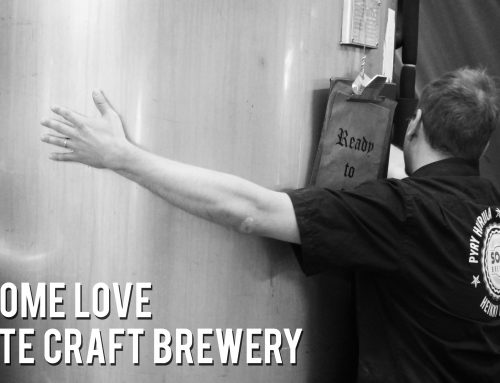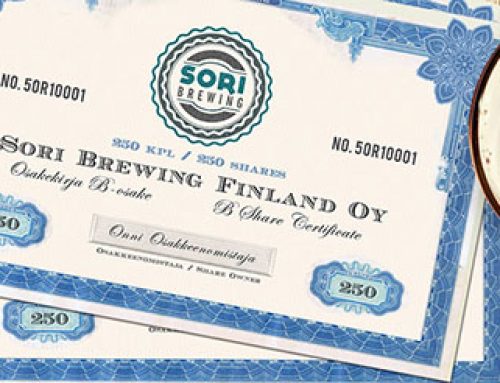Background
Craft beer fans and smaller brewers are very keen on having an official definition for craft beer. We personally think we should consider this as an Europe wide discussion. It’s not a topic that affects just UK and other countries separately. In US there is a nation wide definition that supports the industry, that we should have too. Here in Europe, usually when we go EU wide, it’s more recognized and maybe even supervised. For example, champagne is defined Europe-wide. However, craft beer is not champagne, since it is not related to some specialty in one geographic area. Here are some thoughts about how we could approach in defining craft beer and some thoughts, why it should be done.
How to give a definition to the craft beer?
[pullquote align=”right”]Do you think that the certificate for organic food is flawless and a certificate of high quality?[/pullquote]What it should be then? A certificate? Standard? A law? A common agreement? Well, we think they all are bureaucratic solutions and could be equally good and bad. Usually these kinds of strict solutions can turn against us craft brewers. So, the less legal hassle, the better. Here’s what we think at Sori Brewing:- One way to do this, is an open discussion with breweries, unions and people. Yeah, we want to be naive here and think that even the big corporate brewers could join in and obey the rules. We would love to see that one day. When there’s a mutual agreement, we don’t need bureaucratic governments and lawyers to settle things up. There would be ‘a gentlemen’s agreement’ on this one. Well, as we said, that could be naive thinking but maybe worth trying. If brewers would fail to comply with the agreement, then we’d have to choose the bureaucratic way. Industry already has good examples of using these non-written agreements, and they can work.
- Want rougher means? Well, bring out the big guns and the mother EU here. First, what we don’t want: costly and bureaucratic certificates for craft beer, and laws that doesn’t live with the definition. Do you think that the certificate for organic food is flawless and a ensures high quality? We don’t think so, since it rarely is. Sad but true. It has become a marketing term. Everyone wants to use organic products, since it has become a hygienic factor to attract customers. These kind of certifications are expensive, bureaucratic and would scare some craft brewers from the business.

- Third option is related to the second one. European Union TSG (Traditional Specialty Guaranteed) registration for craft beer. Actually, there are many beer products that are name protected, like sahti, kölsch or even Kentish ale. You can read more from the DOOR database. We think that craft beer could be something like this, since it pretty much meets the definition what is applicable for TSG:
The TSG quality scheme aims to provide a protection regime for traditional food products of specific character. Differing from PDO and PGI, this quality scheme does not certify that the protected food product has a link to specific geographical area.
To qualify for a TSG a food must be of “specific character” and either its raw materials, production method or processing must be “traditional”. Under Art. 3 of Regulation 1151/12 “specific character” is defined as “the characteristic production attributes which distinguish a product clearly from other similar products of the same category”. Under Art. 3 of Regulation 1151/12 “traditional” is defined as “proven usage on the domestic market for a period that allows transmission between generations; this period is to be at least 30 years”. For a food name to be registrable under the TSG scheme it must (a) have been traditionally used to refer to the specific product; or (b) identify the traditional character or specific character of the product.
A TSG creates an exclusive right over the registered product name. Accordingly, the registered product name can only be used by producers who conform to the registered production method and product specifications. “The legal function of the TSG is to certify that a particular agricultural product objectively possesses specific characteristics which differentiate it from all others in its category, and that its raw materials, composition or method of production have been consistent for a minimum of 30 years. Thus, TSG food denominations are registered trade signs with a distinctive function.” – Wikipedia
Okay, what is the problem then?
[pullquote align=”right”]The reason we love the craft beer definition, is that it tries to capture the spirit of a craft brewer, and not just to define what craft beer is. Craft beer is more than just beer.[/pullquote]Well, BrewDog gave their view on craft beer definition. It’s pretty similar to the most commonly used definition introduced by the Brewers Association in the US. There is a reason why it’s so popular – it is a pretty good one.Since it’s a constant battle of if and how the craft beer should be defined, even the most famous craft brewers are not so strict about the term. After all, craft beer is also about redefining the boundaries of beer. We personally think we shouldn’t be too overprotective with terms and definitions. In the end, craft beer is all about the taste. We think consumers are clever enough to vote with their taste buds. Whether it is a big or small brewery, great tasting beer is – well, great tasting beer. This is the organic food case all over again: organic food can be great, but not all great food are organic. So is the case also with beer – not all craft beers are great.
More than a marketing word?
Let’s face it. In the end, craft beer is a marketing word, and we small brewers think we are entitled to it. It’s here to protect our share and setting us apart from the mega breweries. That’s why the definition has the production limit.
However, what then, when the current brewers, which are committed to craft beer become too big? Is there a problem with breweries like Boston Beer Co., ever growing Sierra Nevada Brewing Co. and New Belgium Brewing Co.? We are pretty sure that these guys are not ready to let go of their craft beer crown, even if they are officially too big to wear it. They are great breweries and deserve it. We think they can still make craft beer. Hopefully also BrewDog faces this positive problem some day.
Thus, will craft beer be redefined when the big craft breweries become too big? We believe it will be. The reason we love the craft beer definition, is that it tries to capture the spirit of a craft brewer, and not just to define what craft beer is. Craft beer is more than just beer.
What we believe in?
To sum up, we don’t believe in too strict definitions. The US Brewers Association’s definition is a good template also here in Europe. Both the strenght and weakness of it comes from the vagueness. There are good points like the ingredients listing and obligatory announcing of the actual brewing location in the Brewdog’s model. But there are also things that we don’t agree. For example, the authenticity is in our opinion an useless paragraph. People can taste if there are adjuncts and such that are used for cost saving reasons. If you have to use cheap tricks to make profits, your product probably wont be good enough in the first place. And people can detect that easily.
There will be a time, when the mega breweries will start serious campaign in order to take the markets from the current craft breweries. A definition for craft beer can of course be helpful to a certain point when enlightening customers. However, definitions and trade marks wont probably help us in the long run. We won’t have a chance against the lawyer armies of mega corporations. That’s why they probably will use any definitions and terms as they like. Only creativity and innovation will be the keys to success in a harsh competition. Craft brewing industry has experienced a period of great growth. Success can make you to focus on wrong things. We should avoid arrogance and shouldn’t feel too satisfied, because there is still lots of great craft beers to be made.
Trivia: Finnish situation
[pullquote]Here in Finland we don’t even have beer styles, we drink tax classes.[/pullquote]We Finns have a very narrow definition for craft beer in our tax law: small brewery tax reliefs are for breweries that produce 100 000 hl or less. Also, our craft brewers’ association has been a bit passive and has not taken an effort to define craft beer or even translate the working US definition. So, we are in a same wild west situation than UK. Actually, we don’t use word ‘craft beer’ here at all. We just have small breweries (Finnish: pienpanimo) and breweries. It’s up to you whether this is a good or bad thing.Note: Actually we have many beer things that are only defined by tax law. Ordinary people here don’t use beer terminology like IPA or Bock. Stronger beer is called IV-beer (by it’s historical tax class, set by it’s ABV) and 3,7 – 4,7% ABV beer is III-beer. This is so stuck with Finns, that it’s harmful to the beer culture. We assume that the Swedes have the same problem with their mellanöl (3,5 – 4,5% ABV). Here in Finland we don’t even have beer styles, we drink historical tax classes.
P.S. BrewDog, ask your brewer Charlotte Cook about this one, since she had background in EU law? 😉



